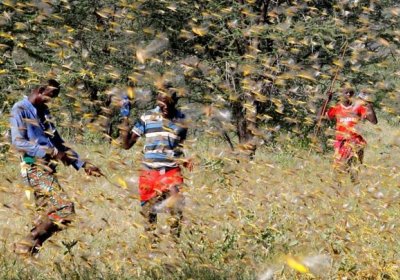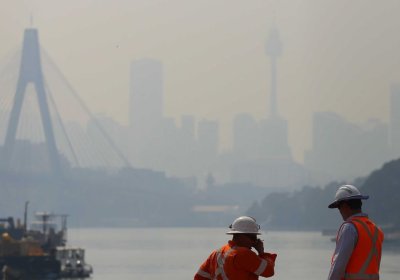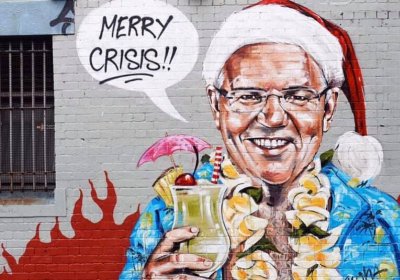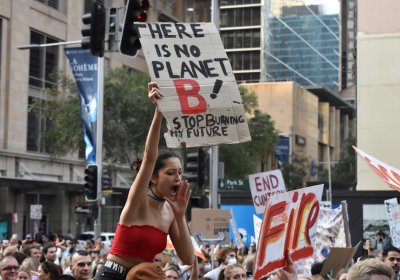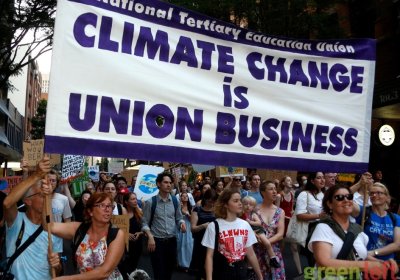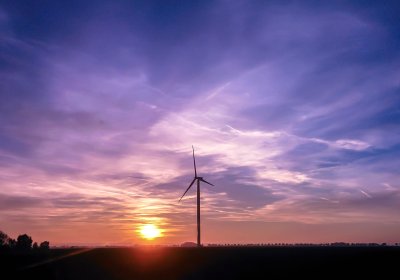While extreme weather events are driving up food prices in Australia, poorer nations experiencing the same extremes face very different and disastrous consequences, writes Pat Brewer.
Analysis
The sheer scale of the recent bushfires and their timing (during the summer school holidays) have had a crippling impact on many working people, including small business owners, and put the ongoing sustainability of rural communities at serious risk, writes Graham Matthews.
The federal government is pouring billions of dollars into its attempts to deal with the worst impacts of a climate crisis it prefers to ignore. Yet, as Elena Garcia explains, this money will never achieve its stated aim nor reach those who need it most.
The burden of responsibility for the climate crisis is often placed on poorer nations. But, as Chloe DS argues, the main culprits continue to be the rich and powerful 1%.
Animal rights activist in Melbourne have harmed the climate movement and their own cause by attempting to stack meetings and ram through demands, argue Jacob Andrewartha and Sue Bolton.
Leo Crnogorcevic takes a look at how Prime Minister Scott Morrison’s business-as-usual approach on the climate crisis is increasing risks for workers who are already inadequately protected when it comes to extreme weather conditions.
Banks are hated for good reasons: they rip off and abuse ordinary customers while helping their richest clients spirit away ill-gotten gains. They help keep the poor poor while making the rich even richer, writes Peter Boyle.
The spread of coronavirus 2019-nCoV, argues Coral Wynter, has been whipped up by the media and governments to promote hostility against China, provoking outbreaks of racism against Chinese people.
Following the recent bushfire crisis and the upsurge in climate concern, Prime Minister Scott Morrison wants to give the impression that he is acting on climate change. Climate Action Moreland's Andrea Bunting debunks 14 claims made by his Coalition government.
Australia is burning and unless we all step up, it will continue to burn. While firefighters and emergency personnel and thousands upon thousands of ordinary people have stepped in to fill the breach, in the cities we too can play our part.
Unionists active in the climate change movement have drafted the following model motion to help break the silence on the fact that the catastrophic bushfires are connected to climate change. It also seeks to build support for the February 22 national day of action across Australia.
Climate activist Zane Alcorn looks at a groundbreaking, decade-old report that showed how Australia could have had 100% renewable energy by now.
- Previous page
- Page 142
- Next page
